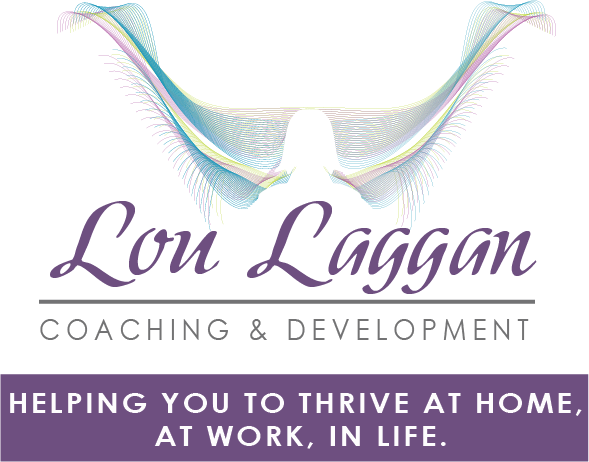NE Life Coach on How to Choose a Life Coach
The number of Life Coaches has grown exponentially over the last 10 years. Coaching is generally forward looking and often solutions based with the focus on you. This has meant that many now prefer it to other forms of talking therapies. The challenge is that it’s still a largely unregulated industry, so how do you choose a life coach?
Check out their training
Believe it or not, anyone can set up a website and say that they are a life coach. They won’t necessarily have any training, qualifications or supervision. If they are a professionally qualified coach, they will able to tell you which professional association they belong to, such as the Association of Coaching (AC), the European Mentoring and Coaching Council (EMCC) or the International Coaching Federation (ICF).
To become a member of any of these organisations, they will have met strict criteria which usually include:
- a minimum number of training hours (note this is face to face training hours, not an online course) run by an accredited coach training provider
- copies of certificates and diplomas
- have achieved a minimum number of coaching hours with clients
- regulated supervision by an accredited Coach Supervisor (The purpose of supervision is to enhance the wellbeing, and develop the practice of coaches and/or mentors of all levels of experience. Supervision is considered a powerful vehicle for deep learning: its benefits extend beyond the supervisee and include their clients and sponsoring organisations.)
- copies of insurance certificates
- agreement to work in accordance with the Global Code of Ethics for coaching. More and more professional organisations are signing up to this code so it’s worth checking out that your potential coach even knows what it is.
- Agree to Continuing Professional Development – this should be an easy one! Anyone truly committed to coaching will have a thirst to keep developing their knowledge, skills and understanding of what is a limitless subject!
I will add a caveat here though, which may seem contradictory, some people are natural and intuitive coaches. So this is only one of a number of factors to consider and it may be that the other considerations are more important to you.
What do you need?
Check out their website – do they work in your area of need? Often people hire a life coach when something is going wrong in their life or things aren’t as they want them to be. For example, clients come to me when they want to make a change in their life but something is holding them back. They are generally seeking more meaning and purpose in their lives or are dealing with self-limiting beliefs, the inner-critic. I will coach them to turn that inner-critic into their inner-cheerleader. It may be, of course, that you want to make something even better or improve a particular skill. Remember you don’t have to be ill to get better!
Will you get on with them?
This can be one of the most important factors. A coaching relationship is all about rapport and trust. If, after your first conversation things feel a little flat or you didn’t feel any connection then perhaps this coach isn’t the right one for you. It can often be difficult to put this in to words, but you will generally know whether it ‘feels’ right and that the potential coach ‘gets you’.
If it doesn’t feel right, please don’t give up on coaching – look for another coach. Coaches aren’t offended by this, after all it’s a two-way process and the coach needs to feel that connection too.
European Mentoring and Coaching Council
Association of Neuro-Linguistic Programming
Contact LouAlternatively, you can book an appointment here Diary


Recent Comments